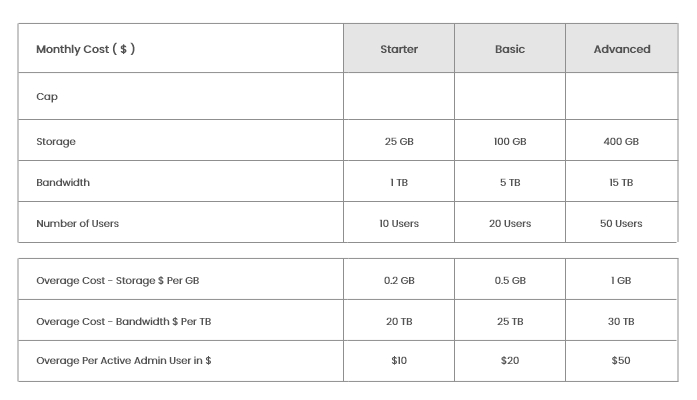



UX: The Silent Ranking Factor That's Shaping SEO Success
Dive into the SEO Revolution! 🚀 User Experience Takes the Lead as the Silent Ranking Factor, Crafting Unprecedented Success in the Digital Landscape. Ignite Your Strategy with Seamless UX Excellence! 🔍✨ #SEOTransformation #UXSuccess
Search Engine Optimisation (SEO) continues to be a vital component of online exposure in the constantly changing world of digital marketing. But among the keywords and backlinks, there's a subtle but powerful component that frequently gets overlooked: user experience (UX). We'll explore the mutually beneficial link between UX and SEO in this article, and we'll show you why a smooth user experience is the unsung ranking component that may take your website to new heights.
1. The Rise of User Signals: Beyond Keywords
The days of optimising your content only involved adding keywords are long gone. Search engines, led by Google, have become smarter, prioritizing user signals as a crucial ranking factor. User signals encompass a spectrum of interactions, including click-through rates, bounce rates, and dwell time. A positive UX translates into improved user signals, sending a strong message to search engines that your site is not just relevant but engaging.
2. Mobile-First Imperative: A Responsive Advantage
The days of SEO being only about putting keywords into your content are long gone. With Google at the forefront, search engines have evolved to prioritise user signals as an important ranking element. A range of interactions are included in user signals, such as dwell duration, bounce rates, and click-through rates. Enhancing user signals through a positive user experience tells search engines that your website is not just relevant but also interesting.
3. Page Speed: The Need for Speed in SEO
In the digital age, users crave instant gratification, and search engines know it. Page speed has an immediate effect on user satisfaction and bounce rates. Slow-loading pages not only frustrate visitors but also signal to search engines that your site may not offer the best user experience. Invest in optimizing your website's speed to keep both users and search engines happy.
4. Content Accessibility: Catering to Every User
Web accessibility is not just a legal requirement; it's a key element of a user-centric approach. Search engines are increasingly favouring websites that ensure content is accessible to all users, including those with disabilities. Alt text for images, clear headings, and descriptive link text not only improve your site's accessibility but also contribute positively to SEO.
5. Structured Data: Guiding Search Engines Effectively
Structured data, implemented through schema markup, helps search engines understand the context of your content. This not only enhances the display of search results but also aids in providing a better user experience. Rich snippets, which are a result of structured data, make your content more visually appealing in search results, potentially increasing click-through rates.
6. Engagement Metrics: The New SEO Currency
While traditional SEO metrics like backlinks still hold significance, engagement metrics are gaining prominence. Metrics such as time on the page, social shares, and comments indicate that users find value in your content. By creating engaging, relevant, and shareable content, you not only please your audience but also send positive signals to search engines.
Conclusion: Elevating SEO with Seamless UX
In the dynamic world of SEO, user experience emerges as the silent force that can make or break your rankings. As search engines evolve to mimic human behaviour in assessing websites, focusing on UX is no longer an option but a necessity. By prioritizing mobile responsiveness, improving page speed, ensuring accessibility, implementing structured data, and tracking engagement metrics, you pave the way for SEO success that transcends conventional strategies.
Remember, in the digital realm, the user is king, and the kingdom of search engines rewards those who prioritize the royal experience. Utilise the quiet power of UX to improve your SEO approach, and watch as your website moves up the search engine results pages. These are significant value additions if you're looking for an enterprise-grade content management system. Get a Free Demo of Hocalwire CMS to learn more.

